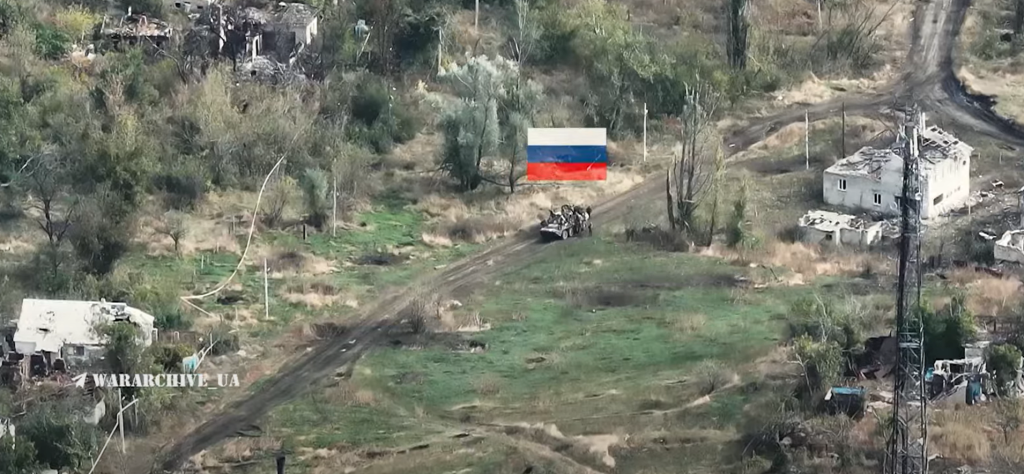Others are reading now
A recent independent survey conducted by the University of Chicago’s National Center for Public Opinion Research (NORC) sheds light on the current sentiment among Russians towards President Vladimir Putin and the ongoing war in Ukraine.
Despite the economic downturn and a deteriorating standard of living in Russia, Putin’s regime and the war in Ukraine continue to garner significant support.
According to the University of Chicago NORC and the Institute for the Study of War (ISW), the poll involved 1046 Russian adults residing in the Russian Federation and Russian-occupied Crimea. Data for this survey was gathered using information from Russian mobile operators.
Also read
The findings of the poll are quite revealing. About 67% of the participants approve of Putin’s foreign policy, while 58% are in favor of his domestic policy. A notable 66% expressed their intention to vote for Putin in the upcoming presidential election in March.
Despite widespread discontent over rising prices and the consequent decline in living conditions, Putin’s ratings remain relatively high. Interestingly, 63% of those surveyed support the war in Ukraine, and 64% perceive the conflict as a “civilizational struggle between Russia and the West.”
This poll, conducted in November 2023, presents a contrast to other independent Russian sociological studies. These other studies have indicated a decline in support for Russia’s full-scale invasion of Ukraine. The NORC survey was carried out via mobile phone by Russian-speaking individuals, with a margin of error reported to be no more than 3.4%.
In a related context, a poll by the Levada Center, a Russian think tank, conducted in October, found that 70% of Russians would support Putin if he decided to end the war against Ukraine. This suggests a complex and multifaceted public opinion landscape in Russia regarding the war in Ukraine.
The University of Chicago’s poll highlights the nuanced and often contradictory views within Russian society regarding the war and Putin’s leadership. It underscores the challenges in gauging public opinion in a country where the media landscape is tightly controlled and public dissent often suppressed.


